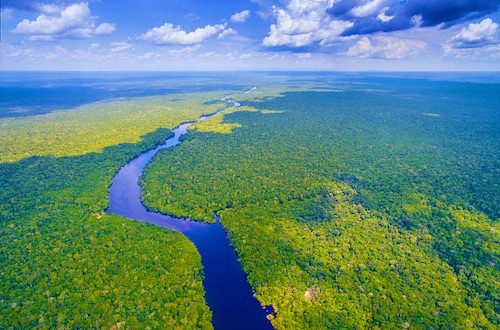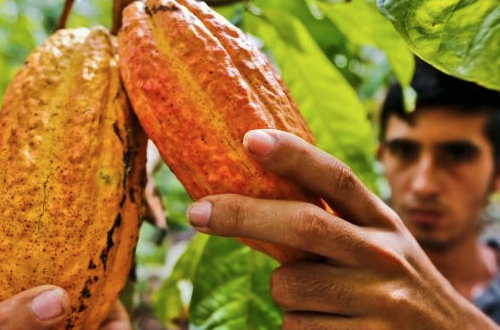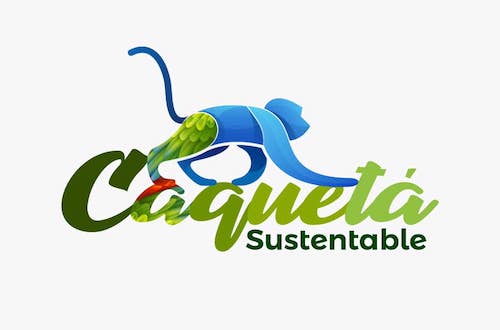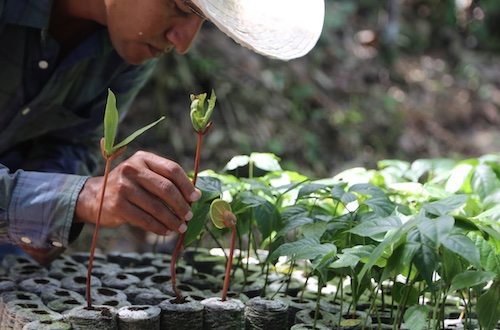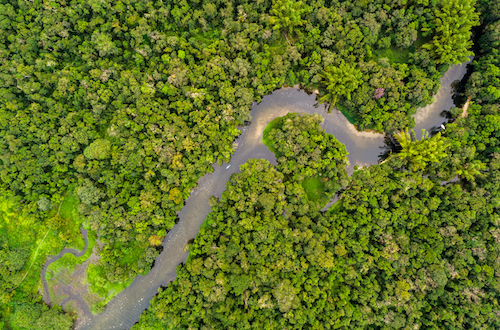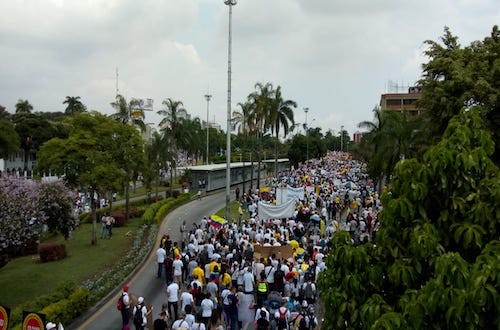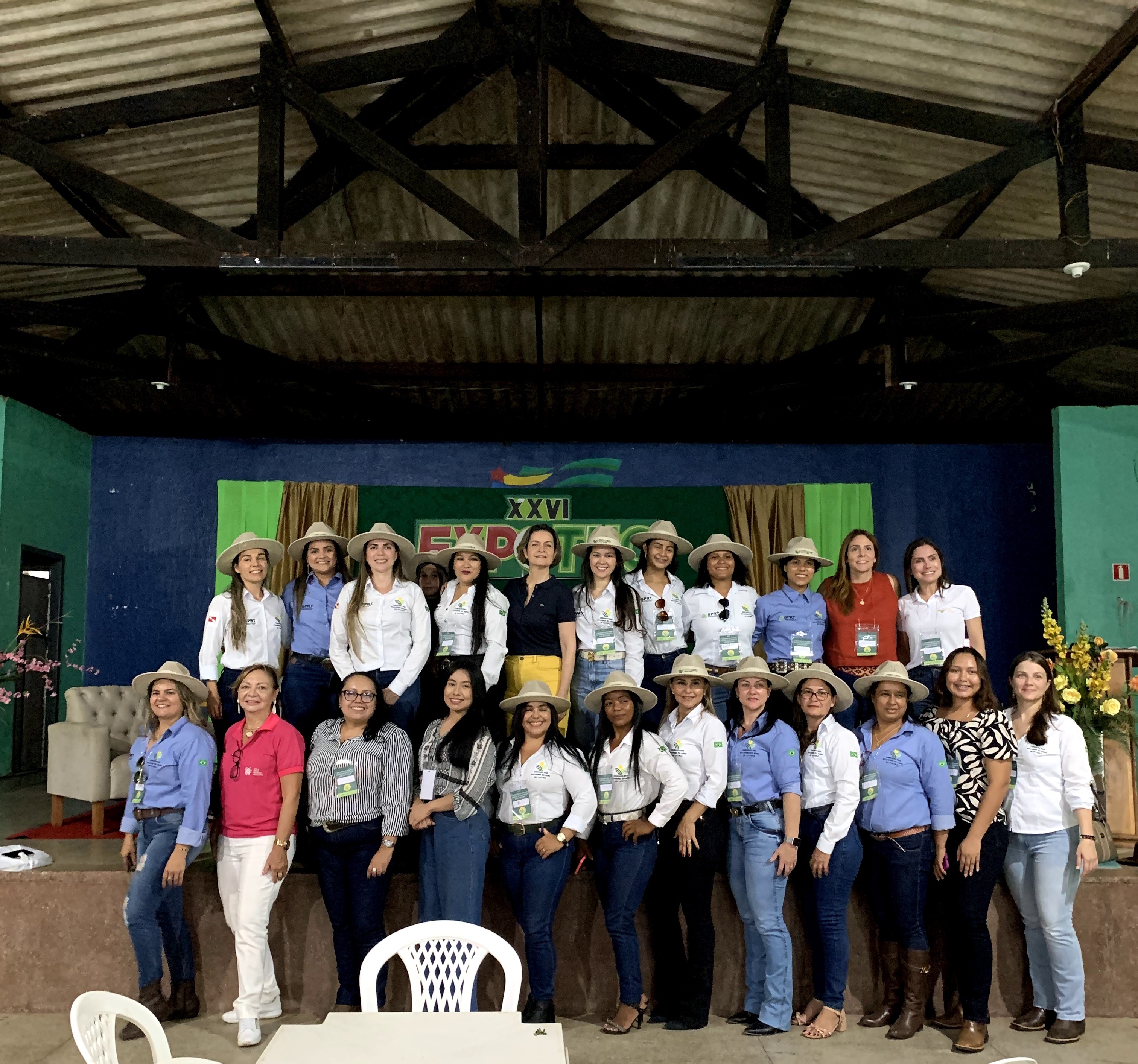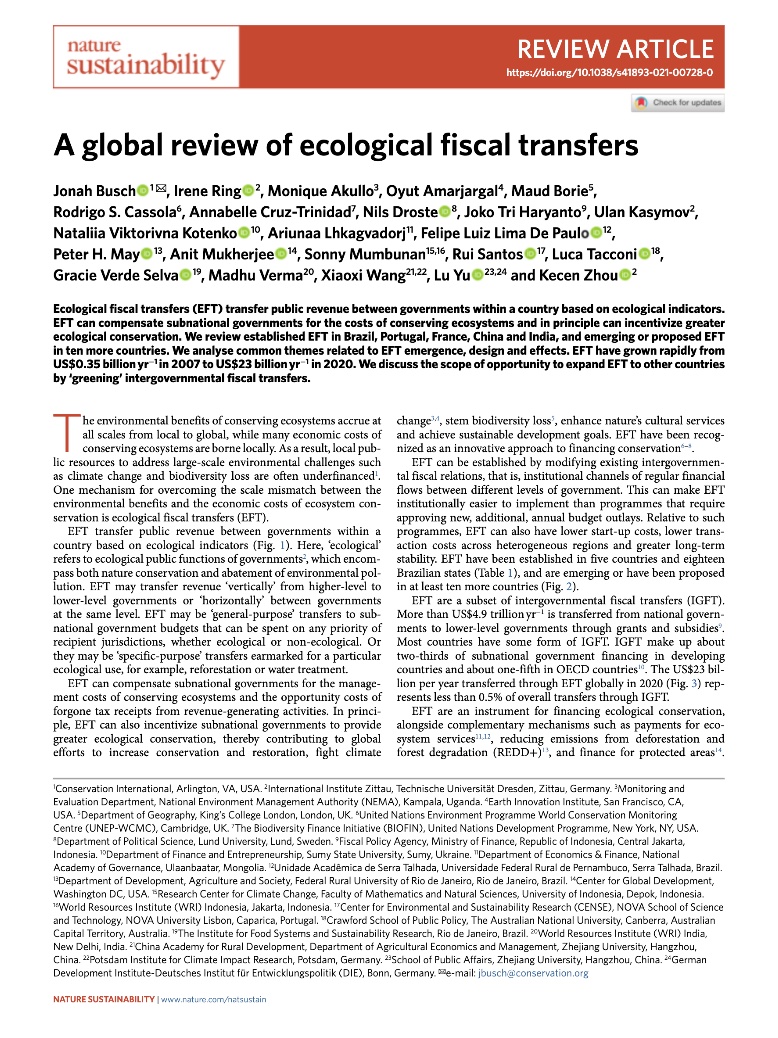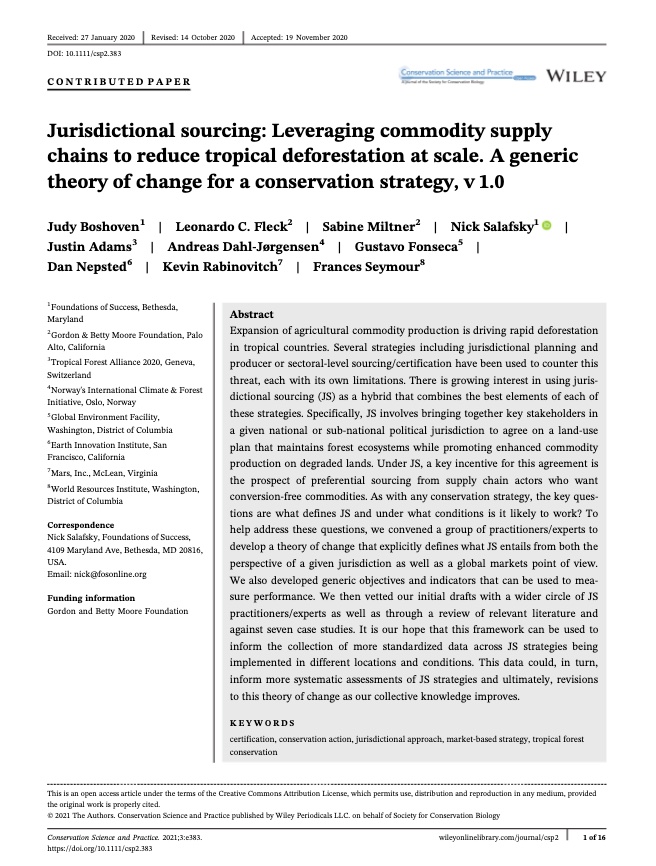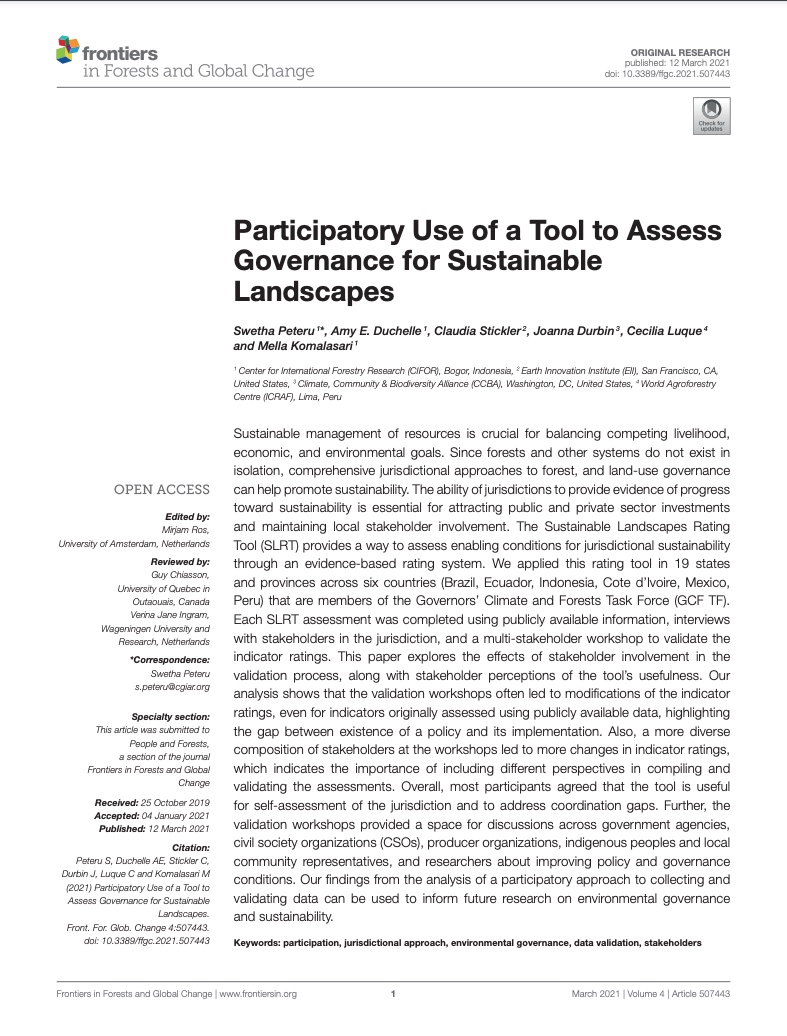Colombia is an emerging economic hub in Latin America and is second only to Brazil in its biodiversity. The Colombian Amazon covers an area of 45.8 million hectares (6.8% of the entire Amazon Basin). In 2016 Colombia reached an historic peace deal with the leftist paramilitary group known as FARC, ending nearly half a century of civil war. But expanding food and fuel production, together with mining and oil activities continue to threaten Colombia’s extensive natural ecosystems. Aware of the importance of conserving its rich biodiversity, stopping deforestation and mitigating its contribution to climate change, Colombia has committed to reducing its CO2 emissions by 20% in 2030 and to reducing deforestation in the Amazon region. These commitments signal Colombia’s potential to become a leader in slowing greenhouse gas emissions and conserving its biodiversity while improving rural livelihoods.
Our Strategy
Earth Innovation Institute has worked in Colombia since 2013, engaging with a cross-section of stakeholders and partners to support the country’s transition to sustainable, low-deforestation agricultural expansion. We are helping to map initiatives that promote rural development and sustainable production systems; we provide analysis of opportunities for promoting sustainable commodities supply chains while reducing rates of deforestation; we identify incentives, policies and financial mechanisms that promote low-carbon development strategies; and we are actively supporting the development of proposals for relevant supply chain interventions and governance approaches that contribute to national strategies and plans, such as the Amazon Vision Program.










.png)
